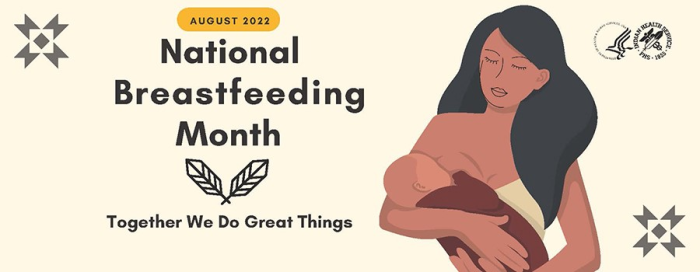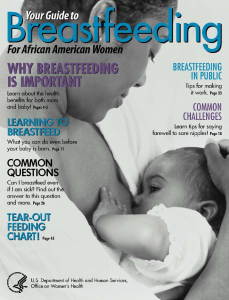
August is national breastfeeding month and many global and national health organizations, such as the CDC, promote breastfeeding as the healthiest form of nutrition for infants. Exclusive breastfeeding of newborns for the first six months is recommended by the American Academy of Pediatrics (AAP) and maintaining breastfeeding beyond six months--up to two years--when other foods are introduced, is encouraged.
The AAP also notes the need for nursing mothers to be given support in the workplace as well as from healthcare workers to meet this goal. So while breastfeeding education is essential for new mothers, it is also critical that physicians and other child healthcare practitioners receive proper training to help support their nursing clients.
Books
 White Blood : A History of Human Milk : How Babies Have Been Fed from Antiquity to Modern Times and Why it Matters(2021 print)
White Blood : A History of Human Milk : How Babies Have Been Fed from Antiquity to Modern Times and Why it Matters(2021 print) Skimmed : Breastfeeding, Race, and Injustice (2020 eBook) “... skyrocketed. Over half a century later, baby formula is a seventy-billion-dollar industry and Black mothers have the lowest breastfeeding rates in the country...”
Skimmed : Breastfeeding, Race, and Injustice (2020 eBook) “... skyrocketed. Over half a century later, baby formula is a seventy-billion-dollar industry and Black mothers have the lowest breastfeeding rates in the country...” Breastfeeding : A Guide for the Medical Profession (2022 eBook)
Breastfeeding : A Guide for the Medical Profession (2022 eBook) Ethnographies of Breastfeeding : Cultural Contexts and Confrontations (2015 print) “…this important book takes a rich ethnographic survey of breastfeeding all over the world.”
Ethnographies of Breastfeeding : Cultural Contexts and Confrontations (2015 print) “…this important book takes a rich ethnographic survey of breastfeeding all over the world.” Breastfeeding: New Anthropological Approaches (2017) “…unites sociocultural, biological, and archaeological anthropological scholarship to spark new conversations and research about breastfeeding.”
Breastfeeding: New Anthropological Approaches (2017) “…unites sociocultural, biological, and archaeological anthropological scholarship to spark new conversations and research about breastfeeding.” Your Guide to Breastfeeding for African American Women(2011 eBook)
Your Guide to Breastfeeding for African American Women(2011 eBook)
Articles
- Breast-Feeding after Breast Cancer: If you Wish, Madam (2009)
- Cohort Study to Assess the Impact of Breast Implants on Breastfeeding (2017)
- Transmasculine Individuals' Experiences with Lactation, Chestfeeding, and Gender Identity: A Qualitative Study (2016)
- Wet Nursing and Donor Human Milk Sharing in Emergencies and Disasters: A Review (2020)
- Shame if You Do – Shame if You Don't: Women's Experiences of Infant Feeding (2015)
- Breastfeeding Behavior Among Adolescents: Initiation, Duration, and Exclusivity (2013)
Additional Resources - Nursing Mothers
- Lactation Station Locations – UW Tri-Campus and Medical Centers
- UW Medicine Patient Education Breastfeeding Factsheets:
- Breastfeeding Resources – includes local and national organizations, info on preterm infants, books, classes, and supplies. (clinician review: 04/2017)
- Washington State Department of Health Lactation Support – curated list of general lactation support pages for a variety of needs.
Additional Resources - Clinicians and Students
- UW Center for Public Health Nutrition’s free online training for early childhood professionals "Healthy Kids, Healthy Future: Breastfeeding Support" (updated 2020, available in English and Spanish)
- Drugs and lactation database (LactMed). The LactMed® database contains information on drugs and other chemicals to which breastfeeding mothers may be exposed.
- Toxic Chemicals in Breast Milk How We can Solve this Problem (2021 UW Department of Environmental and Occupational Health Sciences factsheet)
Image credit: Indian Health Service: The Federal Health Program for American Indians and Alaska Natives. (2022). National Breastfeeding Month. Retrieved August 5, 2022.